Hosted Desktop/Hosted Server
Many users with a cloud-hosted desktop or a cloud server have taken remote-working in stride: we may have had to help add local printers, walk you through dual-monitor setups, or help install the Citrix client on a home/secondary machine. that is one of the great features of a cloud-hosted scenario: your resources are ready to go wherever you want to work.
Firewall VPN
Another option for remote working utilizes a Virtual Private Network (VPN) connection with your firewall. This creates a private and secure tunnel to help you access the server. Each firewall will have different licensing requirements and setup steps. Some of our most common firewall requests are below:
SonicWall
SonicWall SSL-VPN licenses are typically an additional fee. SonicWall has lowered license fees to support businesses suddenly shifting to remote work. If you have an Active Directory login, we sync this with your SonicWall login to give you one set of credentials to remember and simplify your VPN experience.
Cisco Meraki
Meraki VPN licenses are unlimited and are included in your firewall license. Users are entered into the Meraki dashboard and receive a shared secret or password to use in combination with their email address.
Other Firewall Brands
Other firewall manufacturers likely have a VPN option, and chances are good that ITS has supported your model before. Check with us if you need help purchasing additional licenses or setting up your VPN connection.
General VPN Safety
It is important to remember that malware, viruses, etc. that are installed on your computer can transfer to the server via your VPN tunnel. Keep your antivirus up-to-date and be smart about where you click!
Other Remote Work Tools
Microsoft 365 and Google Apps contain a full toolset for remote and on-premise users. If you already have your email and office applications in one of these services, you can easily share files for collaboration. If you are not using these services, they are easy for ITS to provision remotely.
Remote Desktop
Some IT providers or administrators staff can also set up Remote Desktop Protocol (RDP) to your machine. This is only secure if provisioned through a VPN. If Remote Desktop is opened to the outside without security protocols it can allow attackers to use dictionary, social engineering, or brute force attacks on your system. The encryption on an RDP session is low and can be hacked more easily than other remote connection standards. VNC is another similar tool, and again should not be used without proper firewall settings in place.
If you are looking for a way to get to your files offsite, contact ITS to learn more about your secure options for remote work.
Learn about other remote work tools on our website.
